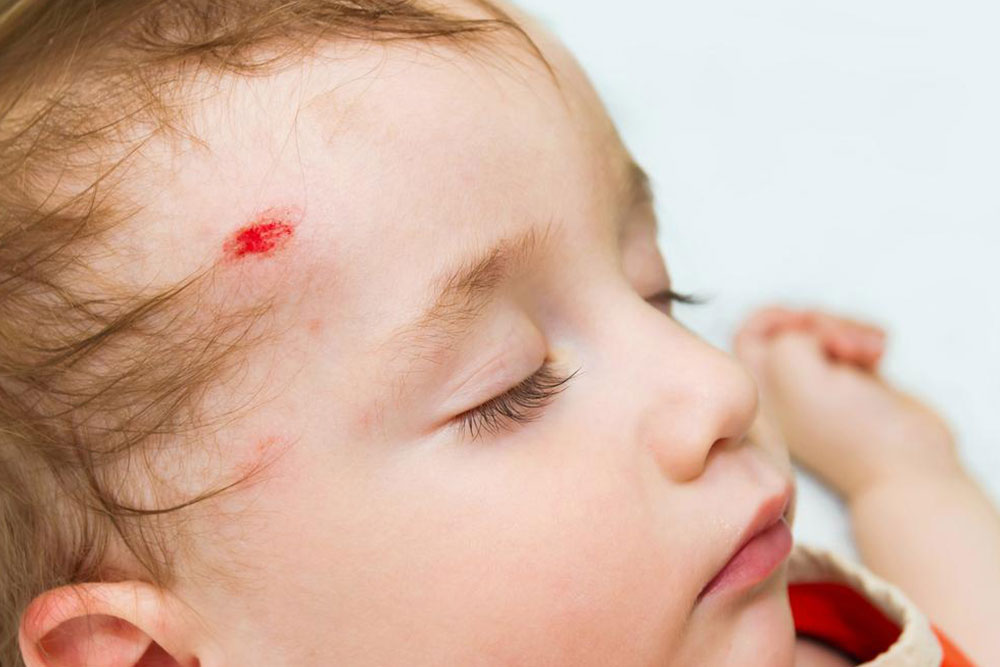Common head injury symptoms in adults and children
Traumatic head injury symptoms can range from visible physical effects of psychological and behavioral alterations. It is, therefore, important to accurately get diagnosed even if you experience mild, moderate or severe effects. While some head injury symptoms may appear right after the accident, others may develop and appear over a span of a few days. Common head injury symptoms have been listed below.
Cognitive symptoms
These are usually mental or psychological symptoms that include memory or concentration issues, mood swings, feelings of depression, and anxiety.

Head injury symptoms that cause behavioral changes
Often certain types of head injuries cause behavioral inconsistencies like abnormal crying or laughter, extreme agitation or aggression, heightened irritability or impulsivity, repetition of words or actions, lack of restraint, and the like.
Sensory symptoms
Head injury symptoms also include sensory issues like blurred vision, ringing sensation in the ears, foul taste in the mouth, alterations in the smell, and the like. Many people also complain of sensitivity to light or sound as a common head injury symptom.
Physical symptoms
Head injury symptoms are often physical in nature and vary from mild to severe. Some common physical symptoms include a persistent headache, post-traumatic seizures, nerve damage, bleeding, stiff muscles, bruising, bone fracture, and the like. Other common head injury symptoms are listed below.
- Loss of consciousness
- Constant nausea or persistent vomiting
- Fluid draining from ears or nose
- Finger or toes numbness
- Inability to wake up from sleep
- Pupil dilation
- A state of being dazed or disoriented
- Extreme fatigue or drowsiness
- Loss of coordination or balance
- Sleeplessness or insomnia
- Extended sleep
Head injury symptoms in children
Since children and infants are susceptible to falls, they are at a higher risk of having a head injury. It is, therefore, imperative to pay absolute attention to any head injury in children and get it thoroughly diagnosed. While infants and smaller children may be unable to communicate any cognitive, sensory, or physical symptoms, you can watch out for some common symptoms. Children showing any noticeable changes in eating or nursing habits must be paid heed to. It is important to consult a doctor in case the child is persistently crying or is unable to be consoled after a fall. Unusual behavior, irritability, change in the attention span, alterations in sleeping patterns, loss of interest in favorite toys or activities are other common head injury symptoms in children that should be attended.